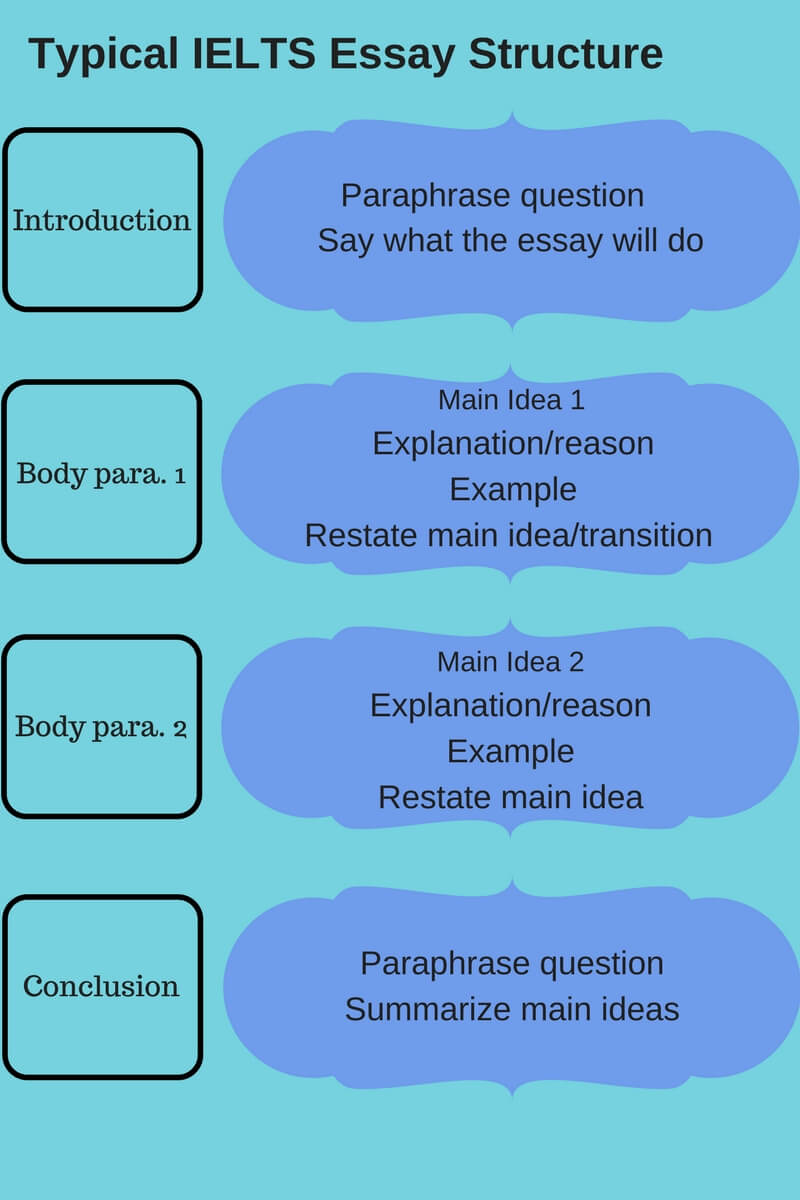When preparing for the IELTS exam, it is essential to familiarize yourself with the writing format to ensure that you can effectively convey your thoughts and ideas. The writing section of the IELTS test is crucial as it assesses your ability to present and organize information in a clear and coherent manner. By understanding the format, you can improve your chances of achieving a high score in this section.
In this article, we will discuss the IELTS writing format and provide some tips on how to approach this section of the exam. It is important to remember that practice is key when it comes to writing for the IELTS test, so make sure to dedicate time to honing your skills in this area.
IELTS Writing Format
The writing section of the IELTS test consists of two tasks: Task 1 and Task 2. In Task 1, you will be required to write a report based on visual information, such as a graph, chart, or diagram. This task assesses your ability to describe and interpret data accurately. In Task 2, you will need to write an essay in response to a prompt. This task evaluates your ability to present and justify an opinion, argue a point of view, or analyze a problem.
For both tasks, it is important to follow a clear and structured approach. Start by analyzing the task carefully and understanding what is required of you. Plan your response before you start writing to ensure that your ideas are well-organized and coherent. Make sure to use a variety of sentence structures and vocabulary to demonstrate your language proficiency.
When writing your essay, remember to include an introduction, body paragraphs, and a conclusion. Your introduction should provide a brief overview of the topic and clearly state your position or opinion. The body paragraphs should present your arguments or ideas in a logical sequence, supported by relevant examples or evidence. Finally, the conclusion should summarize your main points and restate your opinion or position.
It is also important to pay attention to grammar, punctuation, and spelling as these aspects will be taken into account when your writing is assessed. Make sure to proofread your work carefully and make any necessary corrections before submitting your response.
By understanding the IELTS writing format and practicing regularly, you can improve your writing skills and increase your chances of success on the exam. Remember to approach each task with confidence and focus on presenting your ideas clearly and coherently. With dedication and effort, you can achieve a high score in the writing section of the IELTS test.
In conclusion, mastering the IELTS writing format is essential for success on the exam. By following a structured approach, practicing regularly, and paying attention to grammar and vocabulary, you can improve your writing skills and achieve a high score in this section. Good luck with your IELTS preparation!
